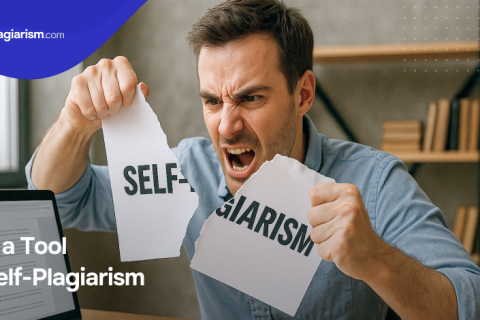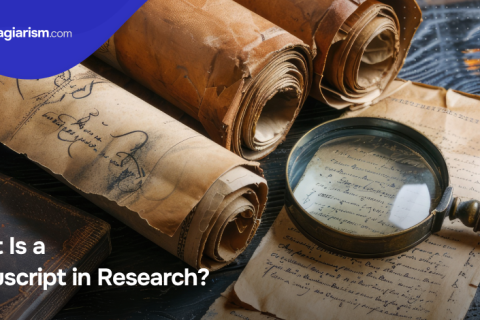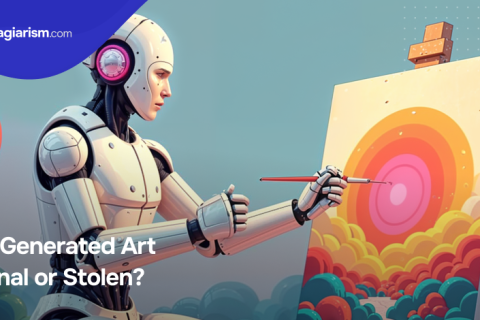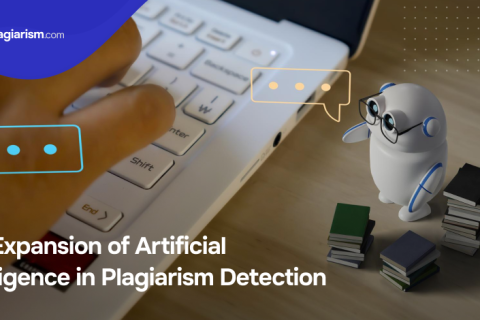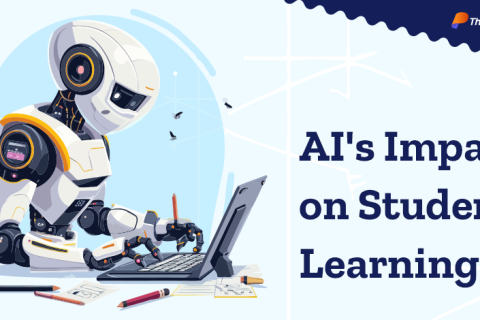Different Sides of AI Ethics
26 May 2023
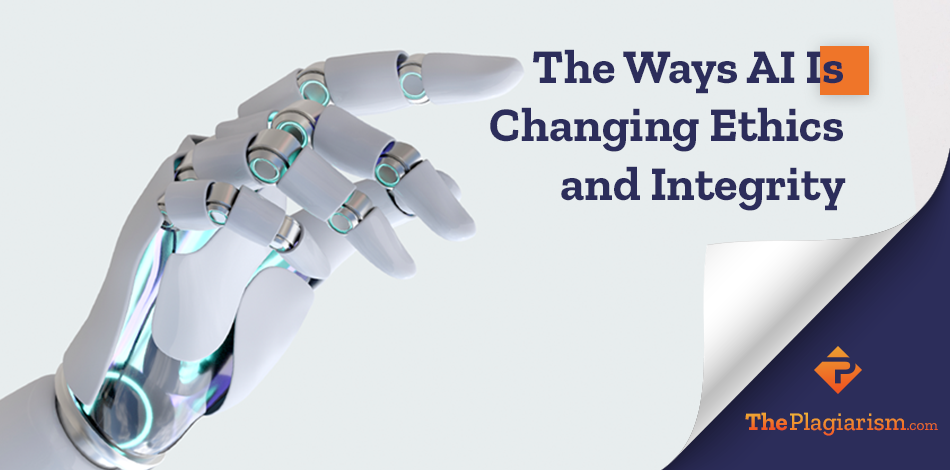
Ethics of AI
Wherever you are, you have access to any digital technologies and huge amounts of information about anything in the world. This cannot but change the society and reshape what people used to do and how they used to so that. Everything has changed, including human interaction, social relations, and personal attachments. Moral reasoning which used to be more or less stable has transformed, affecting the relationships between the family members, friends, peers, clients, employees and employers, consumers and suppliers, and so on and so forth. Decisions are making automatically and extremely fast. Everybody expects maximal efficiency and excellent qualitative results of work. Still, the questions remain: Is using AI plagiarism? What is the difference between human-made and AI-based decisions? Are AI solutions ethical to use?
Artificial Intelligence Ethics: Is There Any Hazard Ahead?
May AI turn against us? Advancement in technologies is inevitable. There will be more and more fields where the AI tools will be applied with further diversification and development. Still, audit of AI algorithms is a must to make sure that they function properly and fairly. It goes without saying that the potential of super powerful artificial intelligence is huge, but aren’t ethical dilemmas too deep to be simply amazed with the saved time and effort?
AI ethics covers such aspects as:
- Privacy and AI
AI requires information to get trained. The system gathers huge amounts of details and users often do not even know how their information is applied in making decisions. How does your experience online get personalized? Your online purchases, searches, likes, and comments on the media are the basis for tracking your preferences and identifying your needs. You will be surprised to see that AI tools can recommend you exactly what you need, but at the same time it leads to certain bias related to different groups of consumers.
- Bias and AI
Not all data get into the range of those which help AI learn. Some groups may be underrepresented and minorities get insufficient attention. There is certain legal risk related to artificial intelligence ethics and it should be taken into account.
- Errors made by AI
AI makes mistakes which can have different consequences, starting from financial losses to personal traumas or damage to health. The testing is still not sufficient to state that there is no risk to people who use AIs.
Logics of Decision-Making
When your teenage daughter comes home and askes for your permission to go to a party her friends make, you are fine with that. However, when your son wants the same from you the other day, you do not say ‘Yes’ so willingly. This decline goes together with explanation of a lot of home assignments not completed and promises not kept. You do know your kids and the analysis of your current relations and their attitude to obligations and studies is the basis for your decisions.
What about the AI system? It collects information from thousands or hundred thousands of families around the world in similar circumstances. It analyses the effects of different decisions but it cannot explain why exactly going to the party is allowed for one child and forbidden for the other.
Is artificial intelligence actually intelligent? It is easy to check whether the AI solutions are plagiarism-free with such tools as ThePlagiarism.com, but it is a challenge to check their adequacy and reasonability. There is hardly anyone who does not use Facebook. It is a well-known fact that it has algorithms which block the content which seems to be offensive or rude. Do they always work properly? Not really! The idea is good but this often goes wrong. The machine cannot distinguish between the sexual content and medical illustration, between pornography and picture related to history or art. Thus, the tools evidently have some flaws and they make a decision on online censorship, violating the freedom of expression instead of introducing the principle of non-offensive behavior.
Human Decisions vs. Ai Ethics Decisions
Having access to huge amounts of data, AI refers to so-called precedents and makes it at a high level of consistency. Humans may view these decisions as artificial as they can have only limited access to the needed experience.
The machines can analyze data at a long-range timeframe, but humans feel restricted in this. It is impossible for a machine to disregard some factors, which people can view as simply irrelevant. Humans may be more biased, frustrated, or simply limited in data to make well-grounded decisions, so in most cases business may find it more beneficial to get an AI solution with its longer-range context.
If you a human how do you make your decision? You have a number of set associations and rules from your own or learnt experience and you use it for guidance. Combining all the information you have, you are always selective. Thus, you may believe that some of the aspects are not relevant and you disregard them in your analysis of the situation. You have certain values and ethical principles which serve as a basis for what you believe it is right. In AI processes, machines rely on specific algorithms without paying attention to gender rhetoric, anti-Semitic associations, or prejudices. Some of the assumptions AI makes can be viewed as racist or biased. Taking into account the past, it relies on collective experience which may change.
Would you rather rely on a human decision made by a physician or financial advisor or trust the AI medical diagnosis or consultation? A mistake can cost a lot in both cases. If a machine makes a decision, there is nothing holistic in the decision. The algorithms may be a basis even for unethical solutions which disregard the principles of equality and unbiased attitude.
Statistically, the AI answers will always be right. However, don’t we strive for something more than statistics? The principles of fairness, integrity, trust, and moral value have always played a crucial role for people. The accountability of AI systems with logical reasoning but without the consistency and morality fails. It is much simpler to utilize AI tools than to exert effort and predict the consequences of every decision. Still, without ethics in reasoning, life is never going to be the same. Would you really like to live in the world deprived of human ethics and morality?

